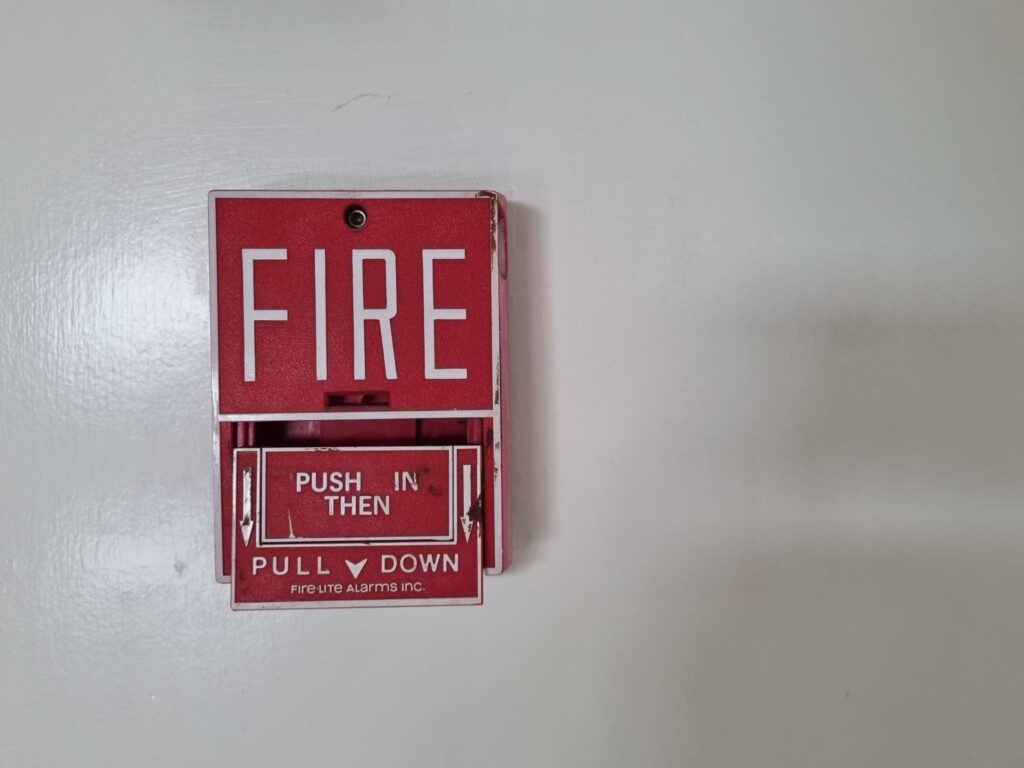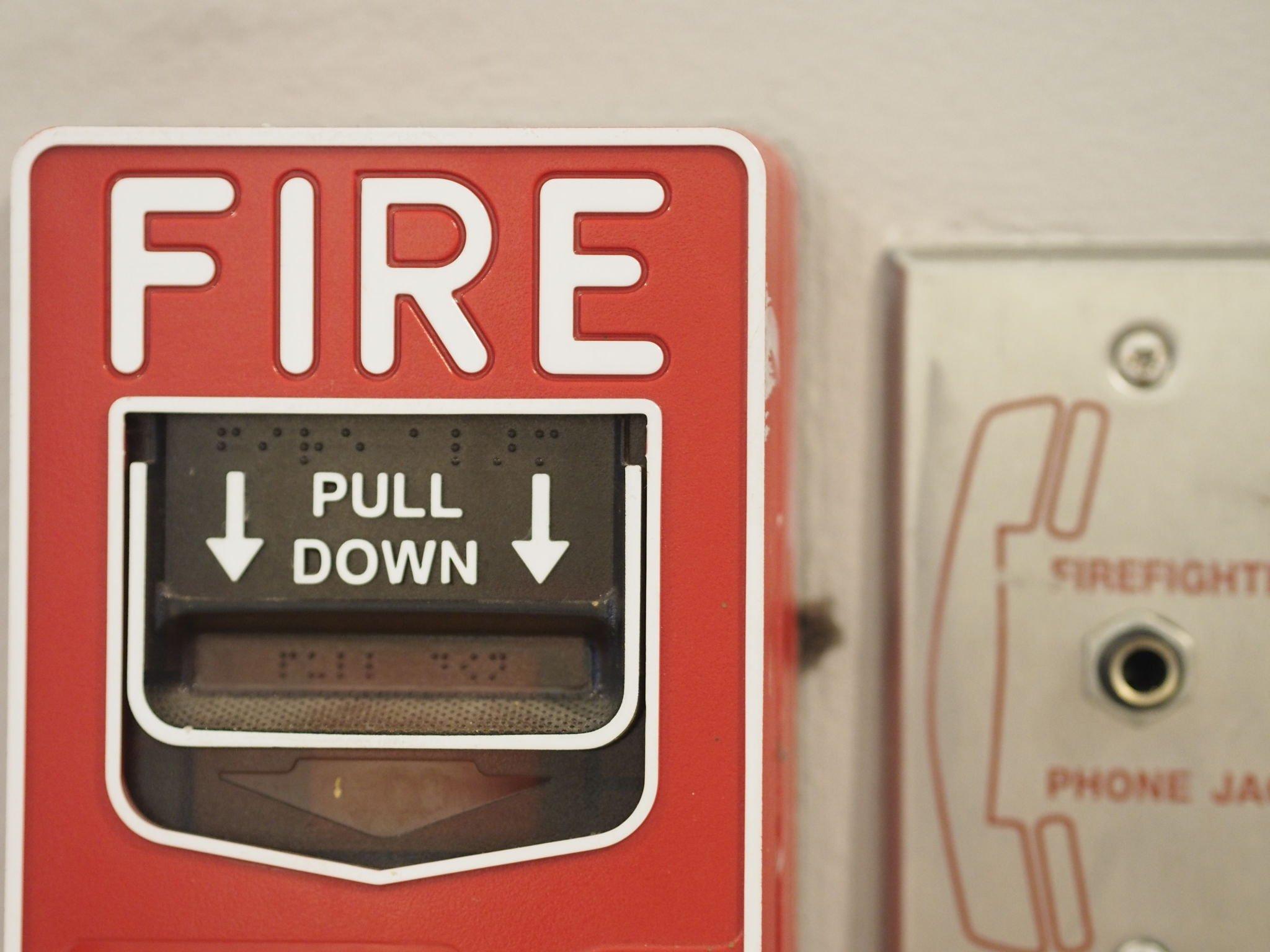Ensuring the safety of life and property is of paramount importance in any society. In Malaysia, fire safety regulations are rigorously enforced, and compliance with fire alarm system codes and standards is crucial. This article aims to provide Malaysians with comprehensive sultantoto information on fire alarm system codes and standards, including what they are, how they are implemented, and why they are essential with SCA Malaysia.
What are Fire Alarm System Codes and Standards?
Fire alarm system codes and standards are a set of regulations and guidelines established by regulatory bodies to ensure the proper design, installation, and maintenance of fire alarm systems. These codes and standards capitaltoto provide a uniform framework for the construction industry, building owners, and fire safety professionals to follow. The National Fire Protection Association (NFPA) is a globally recognized organization that sets widely adopted fire safety codes and standards, including those followed in Malaysia.
How are Fire Alarm System Codes and Standards Implemented?
In Malaysia, the Fire and Rescue Department of Malaysia (JBPM) is responsible for enforcing fire safety regulations, including the implementation of fire alarm presidenttoto system codes and standards. The JBPM adopts several NFPA codes, such as NFPA 72, which outlines the requirements for fire alarm systems. Additionally, the Malaysian Uniform Building By-Laws (UBBL) also provide guidelines for the installation and maintenance of fire alarm systems in buildings.
To comply with these codes and standards, building owners and occupants must work with qualified fire protection system professionals. These professionals design and install fire alarm systems according to the specified requirements, ensuring the appropriate placement of detectors, alarms, and notification devices. Regular inspections and maintenance of these systems are also necessary to ensure their continuous operation and compliance.

Why are Fire Alarm System Codes and Standards Essential?
- Life Safety: Fire alarm systems serve as an early warning mechanism, allowing occupants to evacuate promptly in the event of a fire. Properly designed and maintained systems reduce the risk of injury or loss of life during emergencies.
- Property Protection: Fire alarms not only save lives but also help minimize property damage. Early detection allows for the swift response of firefighters, limiting the spread of fire and reducing property loss.
- Legal Compliance: Compliance with fire alarm system codes and standards is a legal requirement in Malaysia. Failure to meet these regulations can result in penalties, fines, and even closure of non-compliant buildings. Complying with the codes ensures that building owners and occupants fulfill their legal obligations.
- Insurance Requirements: Insurance companies often require proof of compliance with fire safety codes and standards. Maintaining a properly functioning fire alarm system can result in reduced insurance premiums, safeguarding against potential financial losses.
Conclusion
Fire alarm system codes and standards play a vital role in ensuring the safety and well-being of Malaysians. Adhering to these regulations is not only a legal requirement but also a responsibility towards the community. By working with qualified professionals and maintaining the fire alarm system regularly, Malaysians can significantly enhance their fire safety measures, protecting both life and property. Remember, compliance is not an option but a necessity for a secure and fire-safe environment.
